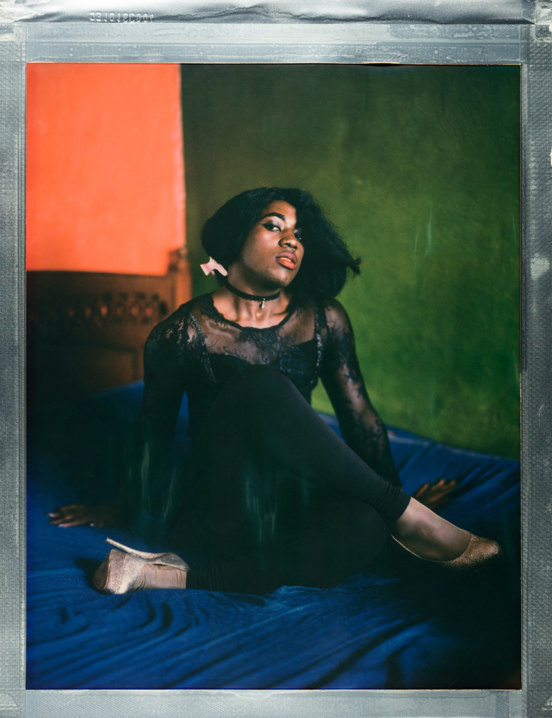Beyonce / Uganda
“I’m Beyonce, 20-years-old. I’m from Uganda. I’m a proud transgender, but I’m in Nairobi as a refugee. I ran away from Uganda because my family and the community found out that I’m gay. I was beaten to death, but I survived. But my family continued to look for me. They also went to the radio station. They say that whoever sees me they should contact them or to kill me. That’s when I ran to Nairobi in 2015.”




